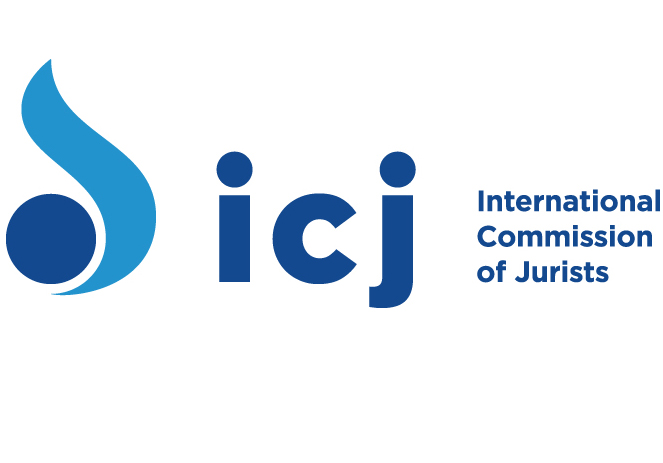On 25 July 2005 the ICJ made an oral intervention at the 57th Session of the United Nations Sub-Commission on the Promotion and Protection of Human Rights under Agenda Item 1 (Organization of work).
CHECK AGAINST DELIVERY
Mr Chairman,
In discussions about reform of the United Nations human rights system, the future the Sub-Commission has received little attention. The High Level Panel report recommended the establishment of an Advisory Panel or Council of 15 experts, which presumably would be tasked to carry out some of the functions presently assumed by the Sub-Commission.
The International Commission of Jurists (ICJ) is convinced that an independent, expert and collegial body like the Sub-Commission plays an important role in international human rights standard-setting, although the present Sub-Commission might be reconceived as a Sub-Committee of a new human rights council. While state involvement will always be integral to the standard-setting process, the quality of standard-setting would be improved through greater input of independent expertise in the process. The ICJ considers that there is great value in a process of collegial and collective deliberation by independent experts that may be absent when a single expert or small working group takes up a subject. Collective decision-making is a check and balance on the deliberations of the body.
The Sub-Commission is often referred to as the Commission’s “think tank”. Some of its key functions have been to prepare working papers and studies on conceptual human rights questions, which enable it to provide informed input to the deliberations of the Commission. Most importantly, many initiatives for new international human rights instruments and firsts drafts have originated from the Sub-Commission, such as the Declaration on Human Rights Defenders, the Declaration on the Protection of all Persons from Forced Disappearance, the Declaration on the Rights of Persons Belonging to National or Ethnic, Religious and Linguistic Minorities, the Principles and Guidelines on the Right to a Remedy and Reparation for Victims of Gross Violations of International Human Rights Law and Serious Violations of International Humanitarian Law; the Set of Principles for the Protection and Promotion of Human Rights Through Action to Combat Impunity or the Norms on the Responsibilities of Transnational Corporations and Other Business Enterprises with Regard to Human Rights. While some of these were requested by the Commission, others stemmed from the Sub-Commission’s own initiative, which should be maintained.
Mr Chairman,
The Sub-Commission, however, will only be able to fulfil its role as an expert body if it is reformed. In this regard, we welcome the frank and constructive report by the Rapporteur Mr Decaux under this agenda item and hope it will generate an open discussion. One of the main weaknesses of the Sub-Commission is that it does not have a consistent level of expertise and independence. In the most recently adopted resolution on the Sub-Commission, the Commission enjoined states “to be conscious of the strong concern to ensure that the body is independent and is seen to be so and, inter alia, to ensure that their nominees to the Sub-Commission are impartial and independent, free from conflict of interest, and, if elected, that the nominating States do not seek to unduly influence their work.” Certain criteria should therefore be respected to independence and high quality of expertise.
Firstly, members of the Sub-Commission should not sit on national delegations or hold other governmental posts. Secondly, a new and more transparent procedure for appointing experts should be adopted. One option would be to select experts from a roster maintained and regularly updated by the Office of the High Commissioner for Human Rights. It would be the responsibility of the High Commissioner to vet all nominees so as to filter out manifestly unqualified candidates. Thirdly, membership of the Sub-Commission should be limited. While there is merit in ensuring continuity, it is very unhealthy for a body that needs vibrant and fresh thinking to have the same members over too long a period. The Special Procedures of the Commission, for example, are limited to two three-years terms and a similar limitation could be adopted for the Sub-Commission.
Mr Chairman,
These changes are only three of the most basic reforms that are required. The ICJ looks forward to an open and forward-looking discussion on these issues.
Thank you, Mr Chairman
intervention check delivery-event-2005 (full text in English, PDF)





